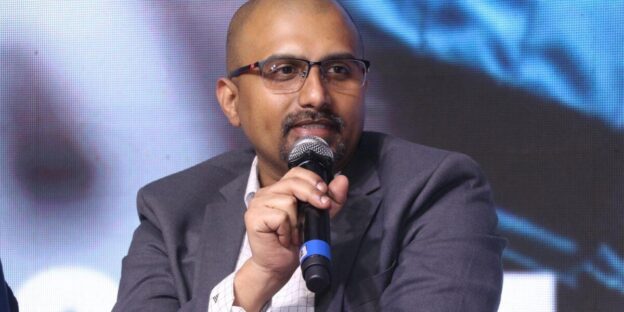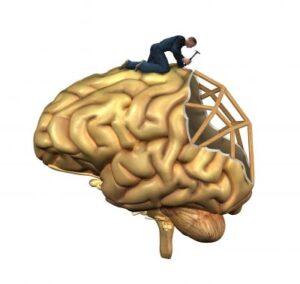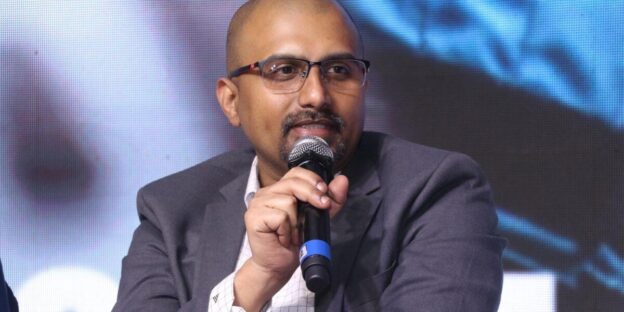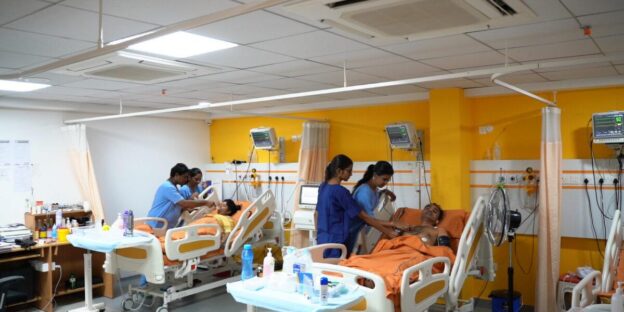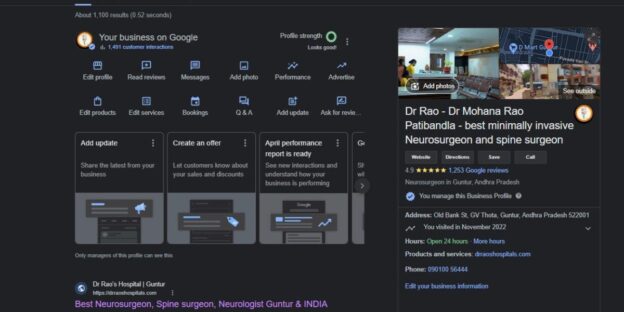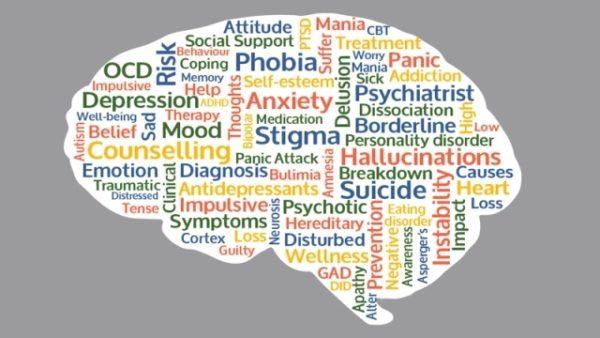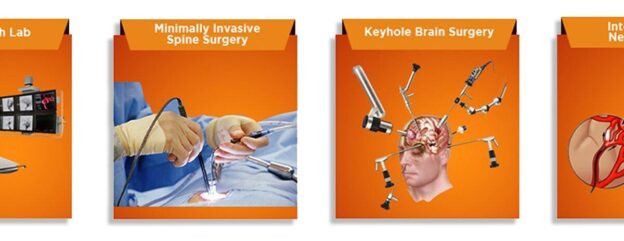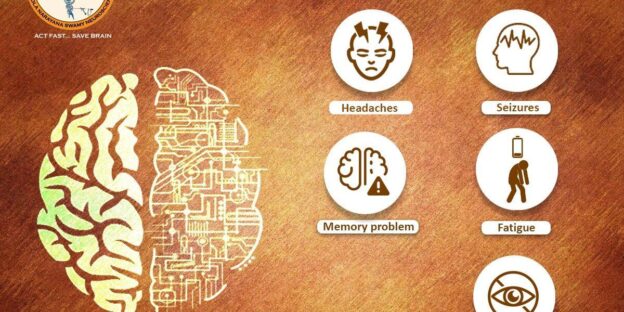The Impact of Sleep on Brain Function: Tips for Better Sleep and Cognitive Performance | Dr. Rao’s Insights
The Impact of Sleep on Brain Function: Tips for Better Sleep and Cognitive Performance
Discover the profound influence of sleep on brain function and cognitive performance. Learn expert tips from Dr. Rao, the best neurosurgeon and spine surgeon in Guntur and India, working at Dr. Rao’s hospital. Enhance your sleep habits for a healthier brain and improved cognitive abilities.
Watch More On YouTube
Introduction:
Sleep is a fundamental aspect of our lives crucial to maintaining optimal brain function and overall well-being. In this blog, we will explore the profound impact of sleep on brain health and cognitive performance. We will also delve into expert insights from Dr. Rao, the best neurosurgeon and spine surgeon in Guntur and India, who practices at Dr. Rao’s hospital, the region’s leading neurosurgery and spine surgery hospital. We will discover actionable tips to improve sleep quality and enhance cognitive abilities.
The Importance of Sleep for Brain Function:
Quality sleep is essential for many cognitive processes, including memory consolidation, learning, problem-solving, creativity, and emotional regulation. During sleep, the brain undergoes vital restorative procedures that support optimal functioning during wakefulness. Insufficient or poor-quality sleep can harm brain health, leading to cognitive decline, impaired concentration, mood disturbances, and increased risk of neurological disorders.
Expert Insights from Dr. Rao:
As a renowned neurosurgeon and spine surgeon, Dr. Rao emphasizes the crucial role of sleep in maintaining brain health and optimizing cognitive performance. He highlights that sleep deprivation and sleep disorders can negatively impact the brain’s ability to function optimally in the short and long term. Dr. Rao’s hospital, known for its expertise in neurosurgery and spine surgery, prioritizes comprehensive patient care, recognizing the significance of sleep in the healing process and overall well-being.
Tips for Better Sleep and Cognitive Performance by Dr. Rao, the renowned neurosurgeon:
- Establish a Consistent Sleep Schedule: Aim for a regular sleep routine, going to bed and waking up at the same time every day, including weekends. This helps regulate your body’s internal clock and promotes better sleep quality.
- Create a Sleep-Friendly Environment: Ensure your sleep environment is comfortable, quiet, and dark. Use earplugs, eye masks, or white noise machines if needed. Maintain a cool room temperature conducive to sleep.
- Practice Relaxation Techniques: Engage in relaxation techniques before bedtime, such as deep breathing exercises, meditation, or gentle stretching. These activities help calm the mind and prepare the body for sleep.
- Limit Exposure to Screens Before Bed: The blue light emitted by electronic devices can disrupt sleep patterns. Avoid using screens, such as smartphones, tablets, and computers, for at least an hour before bedtime.
- Avoid Stimulants and Heavy Meals: Minimize the consumption of caffeine, nicotine, and alcohol incredibly close to bedtime. Additionally, avoid large meals and spicy or heavy foods that can disrupt sleep and cause discomfort.
- Create a Bedtime Ritual: Establish a soothing bedtime routine to signal your body that it’s time to unwind and sleep. This can include reading a book, taking a warm bath, or listening to calming music.
- Exercise Regularly: Engaging in regular physical activity promotes better sleep quality. However, avoid intense workouts close to bedtime, as they can increase alertness and make it harder to fall asleep.
- Manage Stress and Anxiety: Practice stress management techniques, such as journaling, talking to a trusted friend or therapist, or engaging in activities that help you relax and unwind.
- Evaluate Your Sleep Environment: Ensure that your mattress, pillows, and bedding provide adequate support and comfort for a restful sleep. If necessary, consider investing in sleep-enhancing products.
- Seek Professional Help if Needed: If you continue to experience persistent sleep problems or suspect a sleep disorder, consult a healthcare professional or sleep specialist for a comprehensive evaluation and appropriate treatment.
Conclusion:
Sleep supports brain function, cognitive performance, and overall well-being. By prioritizing quality sleep and incorporating the expert tips mentioned above, you can enhance your sleep quality and optimize your cognitive abilities. Dr. Rao, the esteemed neurosurgeon and spine surgeon at Dr. Rao’s hospital, recognizes the importance of sleep in maintaining brain health and supports his patients in achieving better sleep for improved overall well-being.
Remember, sleep is not a luxury but a necessity for your brain and body to function at their best. By implementing these tips and making sleep a priority in your daily routine, you can unlock your brain’s full potential, enhance cognitive performance, and enjoy a healthier, more fulfilling life.
Prioritize your sleep, and let the power of rejuvenating rest work wonders for your brain and cognitive abilities. With Dr. Rao’s expertise and the exceptional care provided at Dr. Rao’s hospital, you can receive comprehensive support in optimizing your sleep and overall brain health.
Invest in quality sleep, and reap the rewards of improved cognitive function, increased productivity, enhanced mood, and a healthier brain for years to come. Take control of your sleep habits today and unlock the full potential of your brain’s performance.
Sleep, think, and thrive in every aspect of your life.
Tags: sleep and brain function, cognitive performance, sleep quality, brain health, Dr. Rao, neurosurgeon, spine surgeon, Dr. Rao’s hospital, Guntur, India, sleep tips, sleep hygiene, sleep and cognitive function, sleep disorders, brain health tips, optimizing sleep, sleep routine, better sleep habits, sleep and productivity, sleep and mood, sleep and well-being

